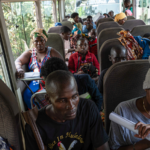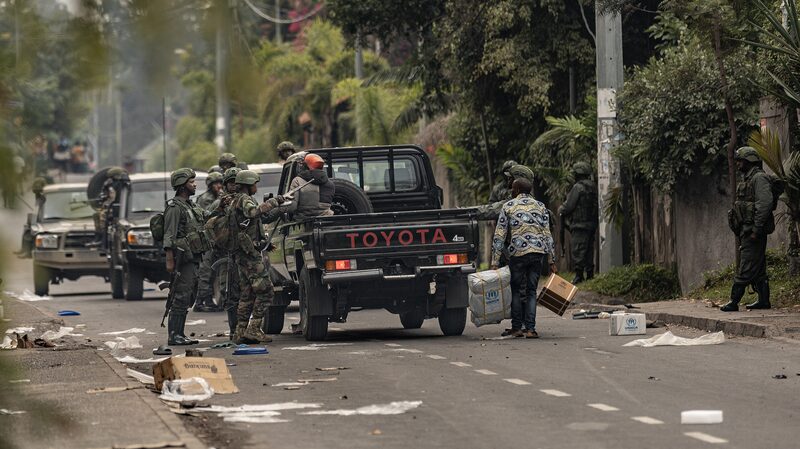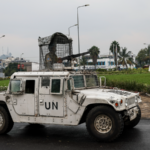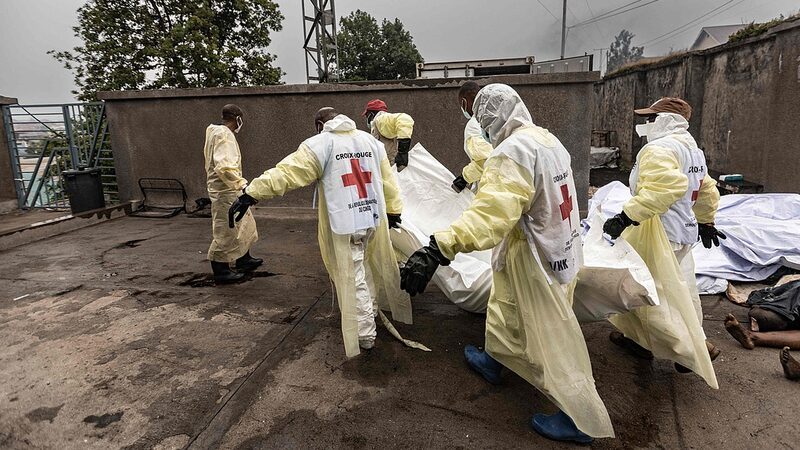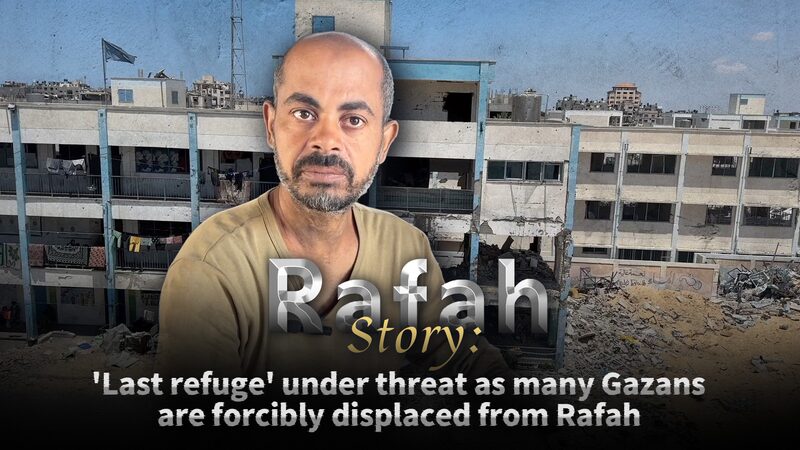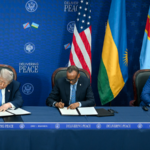Violence in the South Kivu Province of the Democratic Republic of the Congo (DRC) is intensifying, leading to widespread displacement and a deepening humanitarian crisis, according to United Nations (UN) humanitarians.
While hostilities have decreased in Goma City, North Kivu Province, the situation in South Kivu remains dire. A recent bombing in the town of Nyabibwe, located about 60 kilometers north of Bukavu, the provincial capital, injured three civilians and damaged critical power infrastructure. Such attacks are becoming more frequent, exacerbating the already volatile security landscape.
The ongoing clashes are forcing thousands of residents to flee active combat zones, seeking refuge in Bukavu, which is currently under threat of a rebel attack from the March 23 Movement (M23) armed group. The mass displacement has strained local resources and heightened tensions in the region.
UN Office for the Coordination of Humanitarian Affairs (OCHA) reported that nearly 33,000 people have returned to villages in Nyiragongo Territory, northeast of Goma. However, the broader region continues to grapple with instability. Tragically, three non-governmental organization (NGO) workers were killed in a bombing on Wednesday in North Kivu Province, leading to the suspension of vital food and agricultural assistance programs.
The humanitarian situation is further complicated by the destruction of medical facilities in North Kivu. The World Health Organization (WHO) has highlighted that many healthcare centers have been damaged in recent conflicts, and those that remain operational are struggling to provide essential services. Chronic conditions such as cancer, diabetes, and hypertension are going untreated due to shortages of medicines and an overburdened healthcare workforce.
Infectious diseases pose a significant threat, with outbreaks of cholera, malaria, measles, meningitis, mpox, and tuberculosis reported in the area. Between January 1 and 27, there were nearly 600 suspected cases of cholera and 14 deaths in North Kivu alone. The disruption of water supplies in Goma has forced residents to rely on water from Lake Kivu, increasing the risk of waterborne diseases.
In response to the crisis, WHO has deployed emergency medical supplies, hygiene and water treatment kits, and tents to expand hospital capacity by 1,000 beds. Despite these efforts, resources are being rapidly depleted, and there is an urgent need for additional support to address the escalating humanitarian needs in South Kivu and surrounding regions.
Reference(s):
cgtn.com


